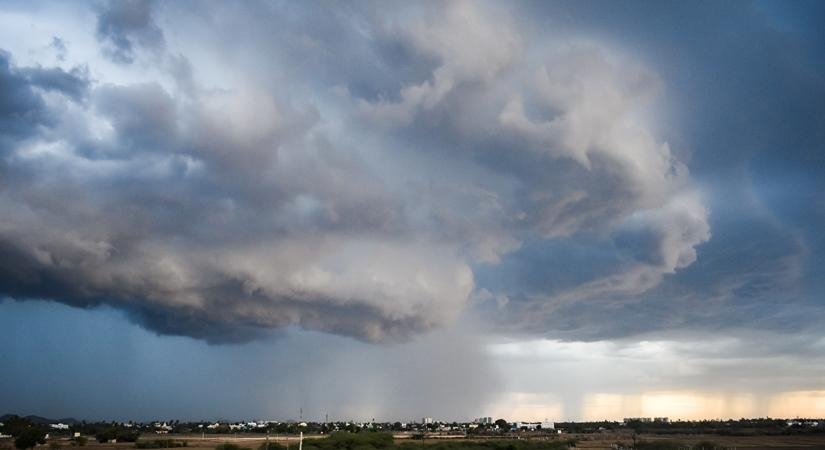Geneva, Oct 13 (IANS) Over the past 50 years, more than 11,000 disasters have been attributed to weather, climate and water-related hazards, involving two million deaths and $3.6 trillion in economic losses. While the average number of deaths recorded for each disaster has fallen by a third during this period, the number of recorded disasters has increased five times and the economic losses have increased by a factor of seven, a new multi-agency report said on Tuesday. Extreme weather and climate events have increased in frequency, intensity and severity as result of climate change and hit vulnerable communities disproportionately hard. Yet one in three people are still not adequately covered by early warning systems, according to the 2020 State of Climate Services report released on the International Day for Disaster Risk Reduction. In 2018, globally, around 108 million people required help from the international humanitarian system as a result of storms, floods, droughts and wildfires. By 2030, it is estimated that this number could increase by almost 50 per cent at a cost of around $20 billion a year, it says. The report, produced by 16 international agencies and financing institutions, identifies where and how governments can invest in effective early warning systems that strengthen countries' resilience to multiple weather, climate and water-related hazards and provides successful examples. It stresses the need to switch to impact-based forecasting -- an evolution from "what the weather will be" to "what the weather will do" so that people and businesses can act early based on the warnings. The 2020 State of Climate Services report contains 16 different case studies on successful early warning systems for hazards, including tropical cyclones and hurricanes, floods, droughts, heatwaves, forest fires, sand and dust storms, desert locusts, severe winters and glacial lake outbursts. "Early warning systems (EWS) constitute a prerequisite for effective disaster risk reduction and climate change adaptation. Being prepared and able to react at the right time, in the right place, can save many lives and protect the livelihoods of communities everywhere," said World Meteorological Organization (WMO) Secretary-General Professor Petteri Taalas. "While COVID-19 generated a large international health and economic crisis from which it will take years to recover, it is crucial to remember that climate change will continue to pose an on-going and increasing threat to human lives, ecosystems, economies and societies for centuries to come," he said. "Recovery from the COVID-19 pandemic is an opportunity to move forward along a more sustainable path towards resilience and adaptation in the light of anthropogenic climate change," Taalas said in a foreword to the report. The 2020 State of Climate Services report provides a basis for understanding how to strengthen protection for the most vulnerable, including through mechanisms such as the Climate Risk and Early Warning Systems (CREWS) initiative, which together with l'Agence Francaise de Developpement, provided funding for the report. The report was coordinated by the WMO and contains input from 16 different international organizations: l'Agence Francaise de Developpement; Adaptation Fund; Climate Policy Initiative; Climate Risk and Early Warning Systems initiative; Food and Agriculture Organization of the United Nations; Group on Earth Observations; Green Climate Fund; Global Environment Facility; International Federation of Red Cross and Red Crescent Societies; Risk-informed Early Action Partnership; United Nations Office for Disaster Risk Reduction; United Nations Development Program; World Bank Group and its Global Facility for Disaster Reduction and Recovery; World Food Program; the World Health Organization - World Meteorological Organization Climate and Health Office, and WMO. Nearly 90 per cent of least developed countries and small island developing states have identified early warning systems as a top priority in their Nationally Determined Contributions on climate change. However, many of them lack the necessary capacity and financial investment is not always flowing into the areas where investment is most needed. The situation is particularly acute in small island developing states and least developed countries.
Move from early warnings to early action: Report
- by Rinku
- October 13, 2020 2 minutes

Essentials for a disaster emergency kit.











